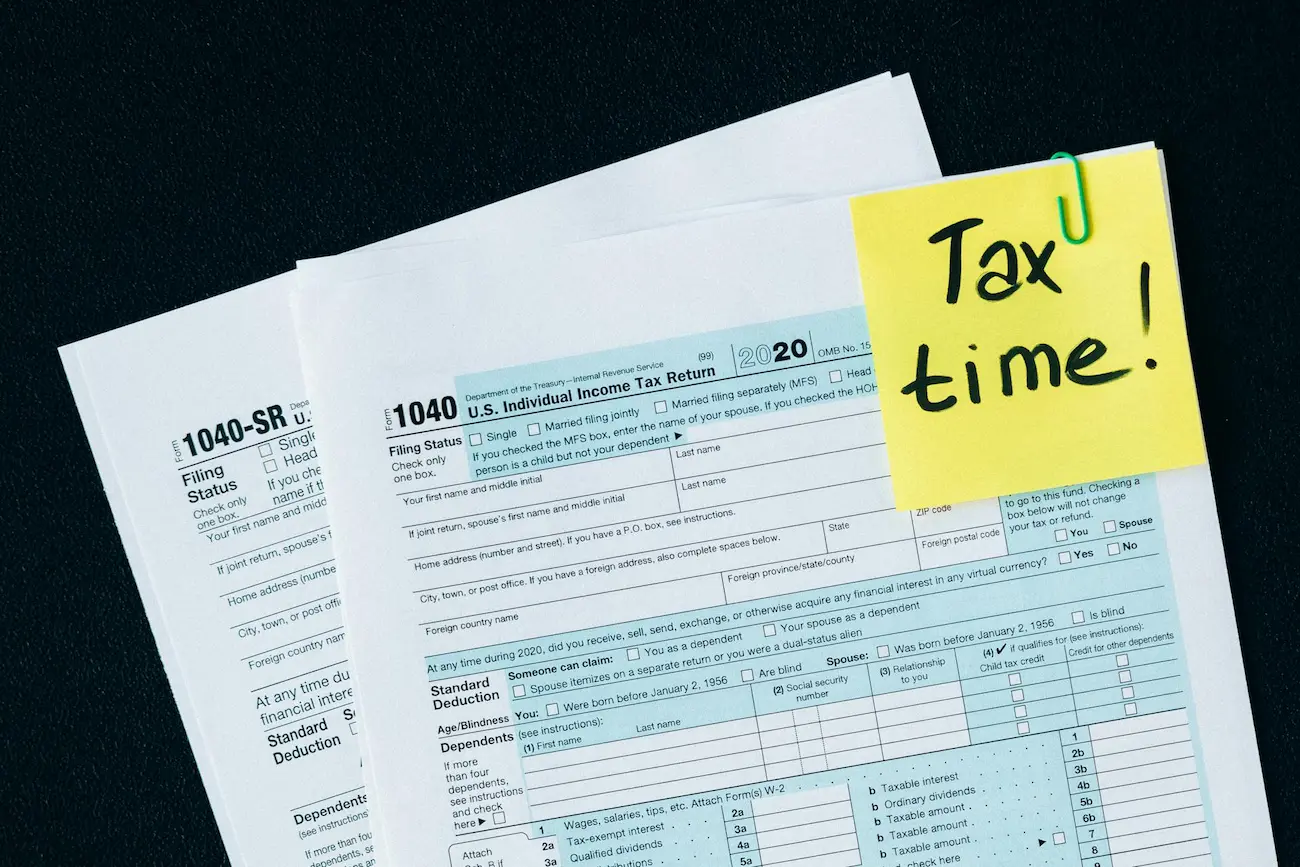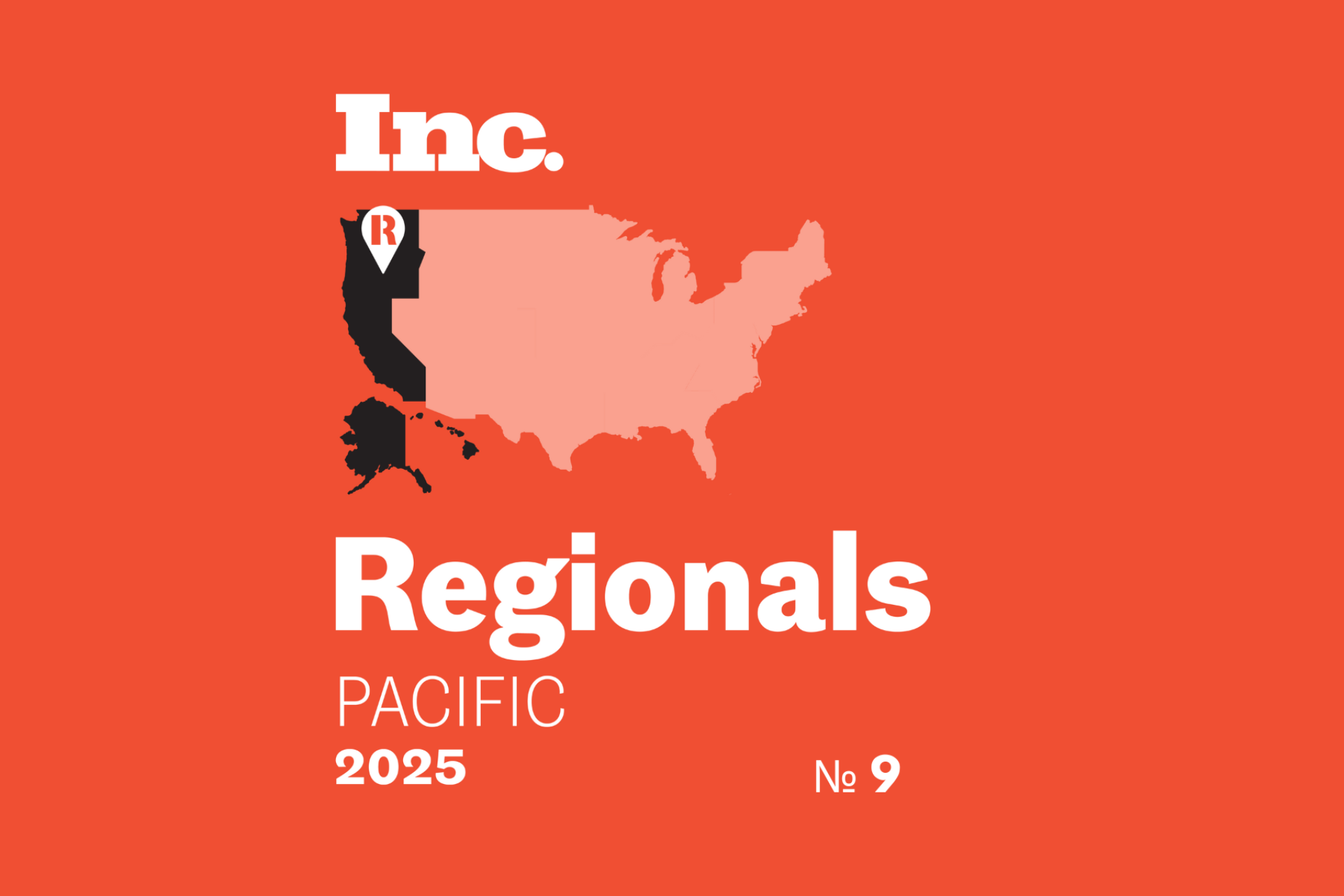The IRS brought back Form 1099-NEC in 2020 after a 38-year break. Before that, businesses reported non-employee compensation on Form 1099-MISC, which caused confusion and filing errors. The return of 1099-NEC made it easier to track payments to freelancers, contractors, and other self-employed workers.
If you fail to file this form correctly or miss the deadline, you could face penalties. These range from $60 to $310 per form, depending on how late you file, and can climb higher if the IRS believes you’re intentionally ignoring the rules.
Work with a Professional CPA Firm
2025 Regulatory Shifts: What Businesses Must Know
Starting in 2025, if your business issues 5 or more 1099 forms, you must file them electronically through the IRS FIRE System. This is a change from the previous 10-form threshold and means even smaller businesses need to pay attention to e-filing rules.
Below is a breakdown of the updated penalties and how they’ve changed from 2024 to 2025.
| Violation | 2024 Penalty | 2025 Penalty |
| Late filing (<30 days) | $60/form | $65/form |
| Late filing (30+ days) | $310/form | $330/form |
| Intentional disregard | $630/form | $670/form |
Source: IRS Rev. Proc. 2024-30
Digital Payment Crackdown
Starting this year, platforms like Venmo, PayPal, and Zelle will automatically report transactions over $600 to the IRS using Form 1099-K. But that doesn’t replace your responsibility. If you pay contractors, you still need to issue a separate 1099-NEC.
Who Must File? (2025 Payor Rules)
Here’s a quick guide to who needs to file Form 1099-NEC in 2025 and when exceptions apply:
| Scenario | File 1099-NEC | Exceptions |
| Paid contractor >$600 | Yes | C-corps (generally exempt) |
| Payment via credit card | No | Processed by 3rd-party payment |
| Rent/royalties paid | No | Use 1099-MISC instead |
| Legal services to a corporation | Yes | IRS Rule Sec. 6045A |
State-Specific Additions
Some states have their own filing rules that go beyond federal requirements.
- California: You must report any payment to an independent contractor, regardless of amount, using Form DE 542. This includes even a single dollar paid.
- Massachusetts: The state requires a separate 1099 filing by January 31, which is earlier than the IRS deadline of February 28.
READ MORE: Impact of California Tax Reforms on Small Businesses
Step-by-Step Filing Guide
Follow these steps to file Form 1099-NEC correctly and on time:
- Collect W-9s: Request a completed Form W-9 from each contractor. Use the IRS TIN Matching tool to verify their Taxpayer Identification Number (TIN) before filing.
- Complete the Form: Fill in key boxes:
- Box 1: Report non-employee compensation.
- Box 4: Report backup withholding (24%) if the contractor didn’t provide a valid TIN.
- Box 5: Include any state income tax withheld, if applicable.
- File Electronically: If you’re submitting five or more forms, you must e-file using IRS-approved software like Tax1099 or QuickBooks.
- Fix Mistakes Quickly: Found an error? File a corrected return using Form 1099-X within 30 days of spotting the issue.
Planning is a key aspect of filing taxes for a business. Keep the deadlines in mind once your forms are complete. You must send copies to contractors by January 31, 2025, whether you’re filing electronically or on paper.
If you’re e-filing to the IRS, the deadline is April 1, 2025. For paper filings, the IRS must receive them by March 3, 2025. Miss any of these dates, and you risk late penalties.
Gig Economy & Global Worker Rules
If you work on platforms like Uber, DoorDash, or Fiverr, the platform and not the individual clients, handles your tax reporting. You’ll typically receive a 1099 form from the platform, and you’re responsible for reporting that income on your tax return.
If you’re an international contractor, or hiring one, different rules apply. The contractor must submit a W-8BEN instead of a W-9, and unless there’s a tax treaty with their country, a 30% tax must be withheld from payments.
READ MORE: How CPAs Can Help You Get Bigger Tax Refunds
Avoid These 2025 Audit Triggers
- Mismatched TINs: The IRS can fine you $100 for each incorrect taxpayer ID (Notice CP2100).
- Misclassified Workers: Treating an employee as a contractor can cost you over $50,000 per violation under IRS Form SS-8.
- Late State Filings: 41 states now impose their own penalties. For example, New York charges $100 per missing form.
- Forgotten Digital Payments: Always match 1099-K amounts with any 1099-NECs you issue to avoid red flags.
Payee Reporting Guide
If you received a 1099-NEC, how you report that income depends on your business structure. Here’s how it breaks down:
- Sole Props/LLCs: Report income on Schedule C (Line 1) and self-employment tax on Schedule SE.
- S-Corps: Use Form 1120-S and report payments in Box 7.
- Partnerships: Report through Form 1065, with income shown on Schedule K-1.
You can reduce your taxable income by claiming deductions tied to your business. For example, you can deduct part of your home office expenses, usually around 20% of utilities or mortgage, along with software subscriptions like Slack or Zoom. You can also deduct business mileage at $0.67 per mile in 2025.
Need help with your 1099 filings?
At Potrus CPA, we specialize in helping businesses navigate tax filings, ensuring compliance, and maximizing savings. Our expert team is ready to guide you through the complexities of 1099-NEC filing.








